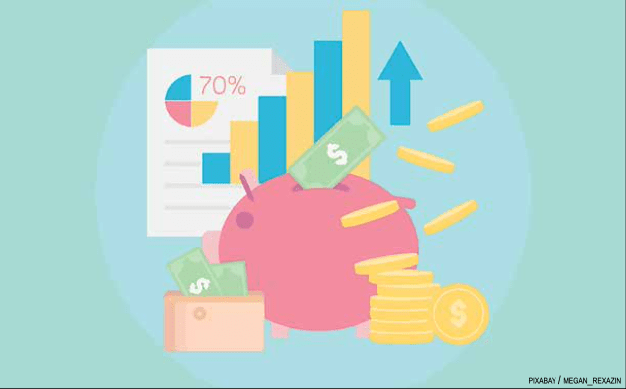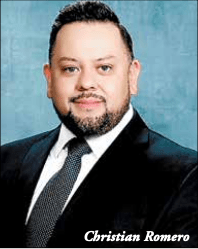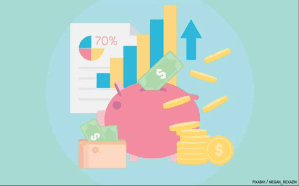
Savings is a foundational piece to financial health since research has found that unexpected expenses, like car repairs, can become a hardship when people don’t have access to emergency savings funds.

“When it comes to saving, the most important thing to do is to simply to start. Whether it’s a $1 a day or a few every month, it is important to have a plan. Talking to someone with experience can help see things from a different perspective. One of my favorite conversa- tions to have with customers is to know what they are saving for and helping them figure out how to get there,” said Christian Romero, Chase’s community manager in metro Phoenix.
Here’s how you can build your own savings plan:
Start Small. Starting with small goals will begin to lay the foundation for bigger ones even if building a safety net with just a dollar a day. Once you build the habit, a dollar a day can turn into more as you begin to take notice of your spending habits and identify opportunities to minimize expenses and reallocate them toward your savings. Here is a free online calculator that can help you estimate your savings over time. Remember that saving is personal: it depends on your own needs and financial situation.
Keep It Simple. When it comes to creating a budget, it’s ok to keep it simple. Dedicate a notebook or a section in your notes app to write down your monthly expenses and what is coming in vs. what’s going out. A great way to get started is using tools like a budget worksheet, which has built in calculations to help you track your spending and could help you find ways to save.
Set A Goal. What are you saving for? It could be a new phone, a car, a home. Whatever it is, focusing on a goal can help you stay motivated to build a plan to get there, like setting up recurring savings, or considering changes to your day-to-day spending.
Get Tools To Help You. Choosing an FDIC insured bank account can offer you financial safety, easy access to your funds, and helps you avoid check cashing fees which can add up. Many accounts offer mobile banking and automated tools to support your savings goals. Splitting your direct deposit and setting up automated transfers are some ways to save without having to think about it.
Look for Guidance. Engaging in conversations about money is a good way to get feedback, advice, and suggestions on your approach to savings. No matter your goal, seeking advice can help you build skills, create a plan that can be adjusted along the way, and get help and support to achieve it. A great way to start a conversation is by reviewing your budget and savings goals with an expert. Chase offers free resources to help kickstart your financial health journey at chase.com/financialgoals.
The post Why The Habit Of Saving Is Key To Becoming Financially Healthier appeared first on Arizona Informant.











